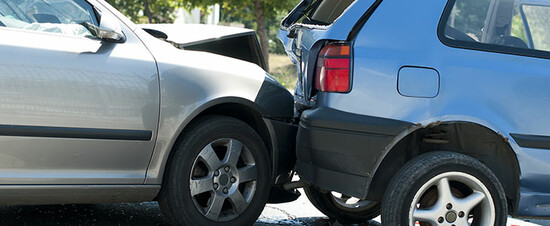A salvage vehicle is one that has sustained significant damage and must be repaired in order to be safe and functional. The cost of repairs to the car often exceeds its actual market value, making it not worth it for an insurance company to invest in the repairs. When the cost of repairs outweighs the value of the car, it is deemed a total loss and then labeled as a salvage vehicle. Salvage vehicles can have structural damage, frame damage, water damage, or even flood, fire or theft damage. Although salvage vehicles may appear to be significantly damaged at first glance, they can still be repaired and restored to become roadworthy again. Buying a salvaged car requires due diligence on part of the buyer before making any purchase decision as there are certain risks involved including safety concerns or potential legal issues.
Buying a Salvage Car: Pros
The price of a salvaged auto is typically much lower than that of its clean title counterpart, making it a great way to save money. Additionally, buying a salvaged car offers the added benefit of being able to use parts from the vehicle in other vehicles. This can be especially helpful if you are looking for specific parts or components that are no longer manufactured.
In addition, the cost savings associated with purchasing a salvaged auto means you can invest in additional parts or upgrades without breaking the bank. Moreover, many salvage yards offer warranties and guarantees on their parts, giving buyers peace of mind when it comes to quality and reliability. Ultimately, as long as you take appropriate safeguards when making your purchase, opting for a salvaged auto can be an excellent way to save money while still acquiring needed parts for your vehicle.
Buying a Salvage Car: Cons
When purchasing a salvage car, it is important to be aware of the potential issues that may arise. Repairs made to a salvage car may have been done with stolen or low-quality parts, potentially compromising the safety and reliability of the vehicle. Furthermore, many insurers will refuse to cover cars with a salvage title. Even if an insurance policy is obtained, in the event of a claim, you may only receive 80% or less of the car’s listed value. Moreover, no warranty is typically offered on a salvage auto. This can create difficulties later on should any major components fail or require repairs due to faulty workmanship. Finally, salvage vehicles tend to have poor resale value as buyers are often wary of potential problems such as those discussed above which could result in costly repairs down the line.
Buying a Salvage Car: Things to consider
When considering buying a salvaged auto, it is important to be aware of the history of the vehicle. Older cars are generally the best salvage buys because they may have been damaged as part of a collision, flood, theft, or fire. It is essential to find out the exact nature of the damage that totaled the car in order to make an informed decision and assess its safety when driving on roads. Additionally, each state has its own rules for allowing salvage titles back on the road, so be sure to check with your state's Department of Motor Vehicles for details regarding this process.
It is also important to note that if a deal seems too good to be true, it probably is. Ask questions about the condition of the car before you purchase it and inspect it thoroughly: check for rust and corrosion, look for signs of prior repair work or damage from flooding or accidents, and identify any missing parts or mechanical issues such as worn brakes or tires. It may even be wise to take the vehicle to a mechanic for an inspection before making the final decision.
When considering purchasing a salvaged auto, it is essential to have the car thoroughly inspected by a reliable and trusted repair shop BEFORE you make the purchase. It is highly recommended not to pay more than 60% of the value of a clean title vehicle for a fully functioning salvage vehicle. In addition, buyers should check the car’s history as it may have been a lemon before it was damaged or stolen.
Additionally, obtain a free Vehicle Identification Number (VIN) check through your insurance agent. Furthermore, if you are using an online auto auction site to make your purchase, exercise even more caution and perform additional “due diligence” to ensure that you receive what you paid for.
It is wise to request receipts for all repair parts at the time of sale and take pictures both before and after any repairs are completed. Keeping these repair receipts will help in proving which parts were used during the repair process and can be invaluable if there are any issues down the road with the vehicle. When making any purchase, especially when dealing with salvaged cars due diligence must be exercised so that you don't find yourself locked into an unsatisfactory or fraudulent deal in the long run.


Comments
There are no comments yet. Login or Register and write an article comment